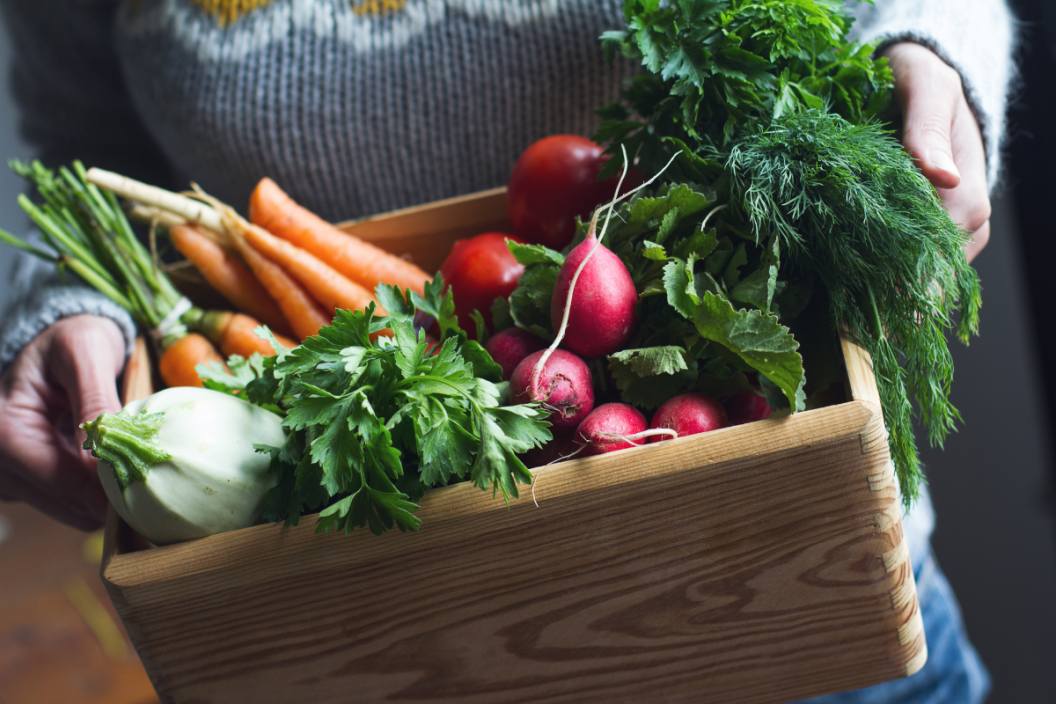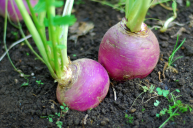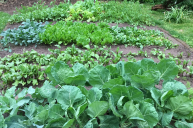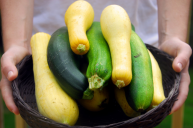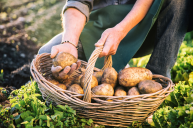Even the most novice gardeners know that winter isn't typically the time for your vegetable garden to flourish. Most plants start dying with the first tinge of frost, and few are able to withstand freezing temperatures or snow. This is why many farmers and gardeners who live in seasonal areas have perfected food storage, from jams to pickled foods. However, if making pickled cabbage isn't your style, you're in luck! It turns out that there are plenty of winter crops that will actually thrive in the harsh winter air. Here are 12 winter crops to keep your garden going year-round.
Videos by Wide Open Country
1. Leeks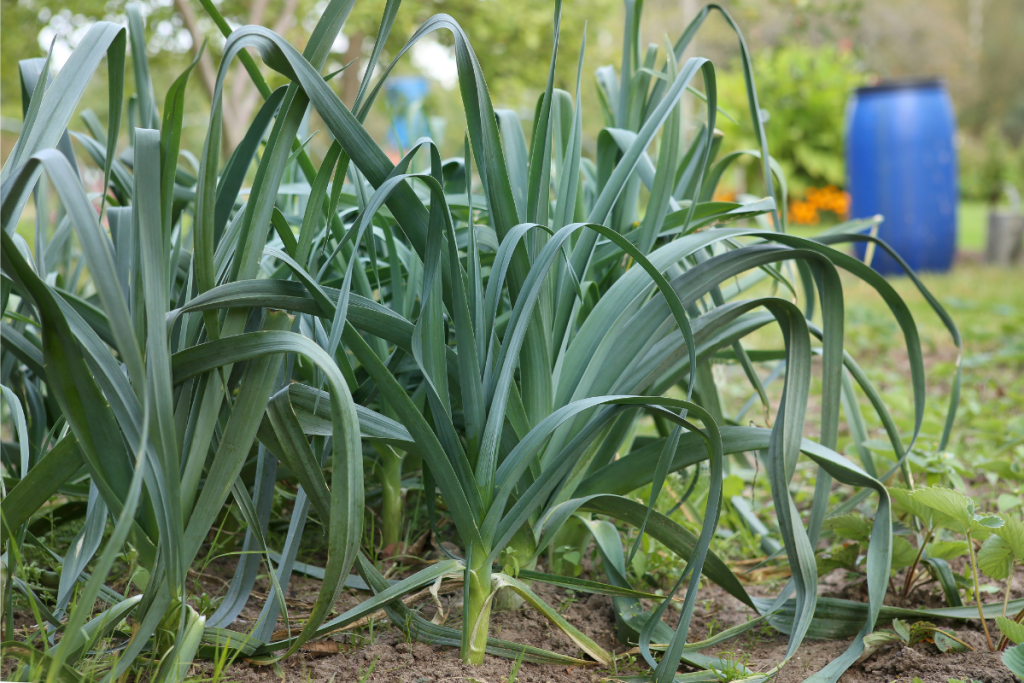
One excellent choice for your winter garden is leeks, since they can thrive in frozen soil and continue growing in temperatures as low as 20 degrees ºF. Leeks are part of the allium genus, which also includes onions, garlic and chives. Your leeks will get ripe in late fall and can be harvested in the winter. Reward yourself with potato leek soup or a tasty side dish of sautéed leeks!
2. Radishes
Another hardy vegetable to complete your cold weather garden is radishes. Radishes are a winter crop that not only do well in cold weather, they actually become overly spicy and unappetizing if grown in warm or hot weather. Radishes are often one of the first crops grown in the spring in many gardens. You'll have the most success with the icicle and snowbelle varieties. These healthy, magenta veggies will add a pop of freshness and color to your winter dishes!
3. Arugula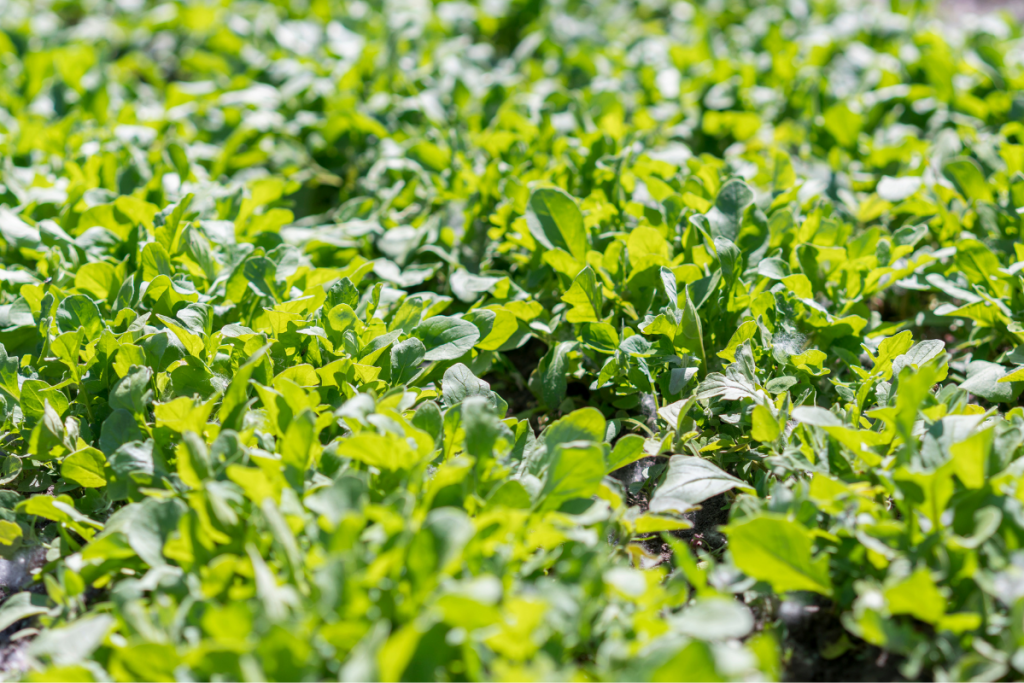
My favorite salad green, arugula has a peppery flavor that adds a burst of spiciness to your salad. Arugula is best to plant in late summer, and it will then ripen in the fall or early winter. Arugula is a cold-season crop, and if planted in warm weather it will taste overly bitter.
4. Swiss Chard
While swiss chard is a good choice for your winter crop garden, it may not be successful in areas where winter is very harsh. Swiss chard survives in light frosts and temperatures below zero, but a hard freeze that lasts a long time will often kill a significant amount of your chard crop. That being said, using plenty of mulch will keep soil temperatures warmer, increasing the likelihood that your chard will make it through the winter and onto your plate. When choosing your cold weather chard, select varieties without colored stems.
5. Turnips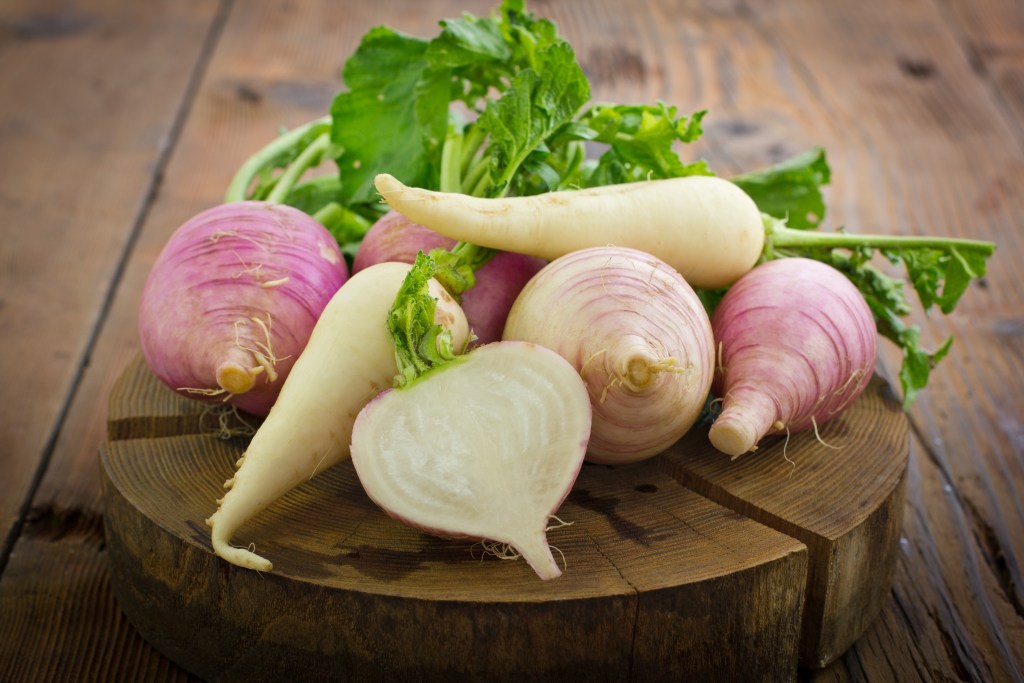
Turnips are super dependable as a successful winter crop, best enjoyed in soup or as part of a veggie roast with other heirloom winter vegetables. These hardy veggies should be planted in the garden bed in the middle of autumn for a winter harvest. These reliable winter vegetables are a good choice for new winter gardeners!
6. Brussels Sprouts
Although brussels sprouts are considered a cool-season crop, these are another option that can be a bit finicky. Brussels sprouts can withstand some frost and will actually be sweetened by a small amount! However, they will die in prolonged below-freezing temperatures, and they do best when grown between 45 and 75ºF. Because of this, they may not be the best option if winter is consistently below freezing where you live.
7. Collards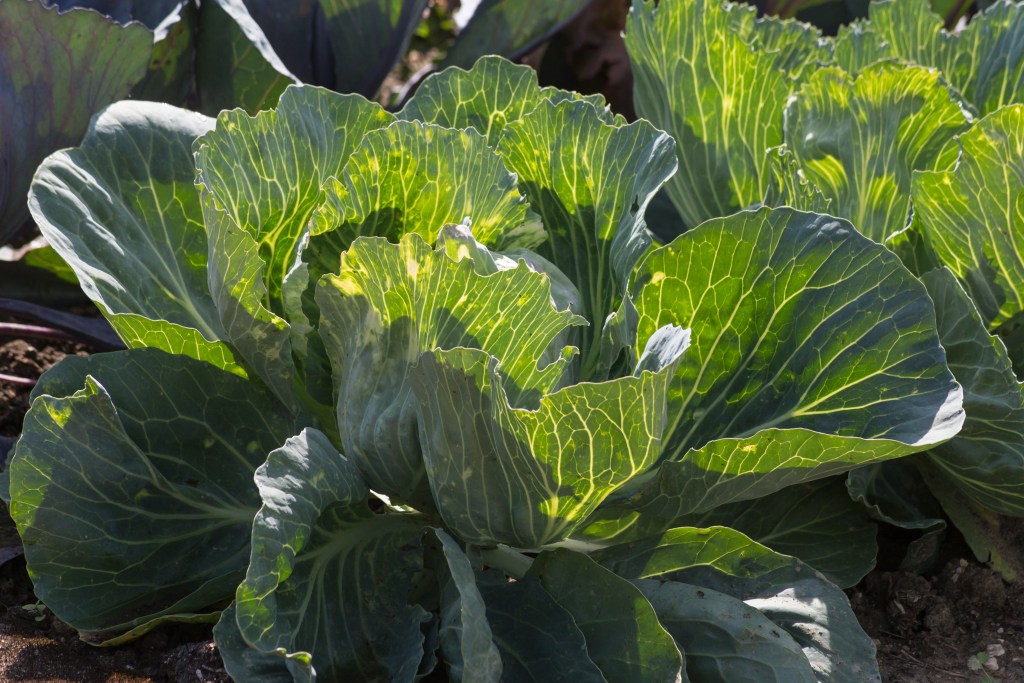
Like brussels sprouts, these reliable winter crops are also sweetened with a little frost, making them the perfect choice for a cold-weather garden. Collards are a hardy vegetable that flourish in temperatures far below freezing, all the way down to 0°F. These brassicas do well when planted 6 to 8 weeks before the first frost. After harvesting, treat yourself to some southern-style collard greens and reminisce about summertime!
8. Peas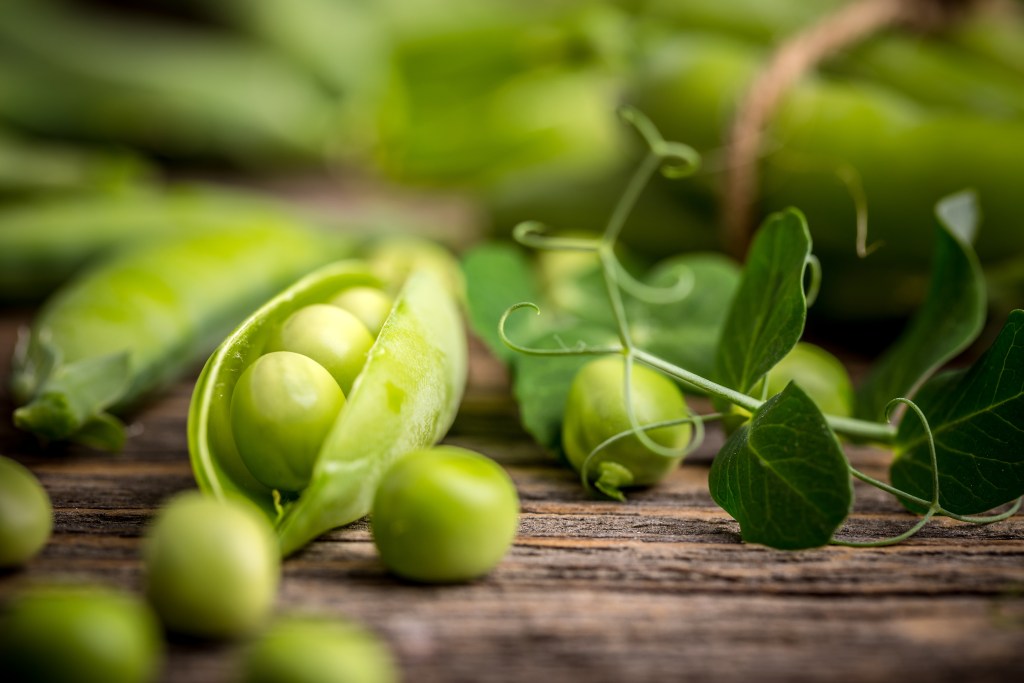
Peas are another hardy vegetable to start your winter gardening hobby with. The hardiest varieties are the Pea 'Kelvedon Wonder' and Pea 'Meteor.' You can get a head start on your harvest and have an early crop of peas to enjoy in the spring, harvesting your peas up to 4 weeks earlier than other growers. Enjoy a fresh pea soup or pot pie in the early spring with your tasty pea crop!
9. Carrots
Another plant that actually benefits from frost, carrots produce extra sugar in the cold temperatures that are characteristic of winter months. This sugar protects the carrots' roots from hard frost and freezing temperatures, helping carrots to do well in temps under 15°F. These crunchy, brightly colored root veggies should be planted 8 to 10 weeks before the first frost.
10. Spinach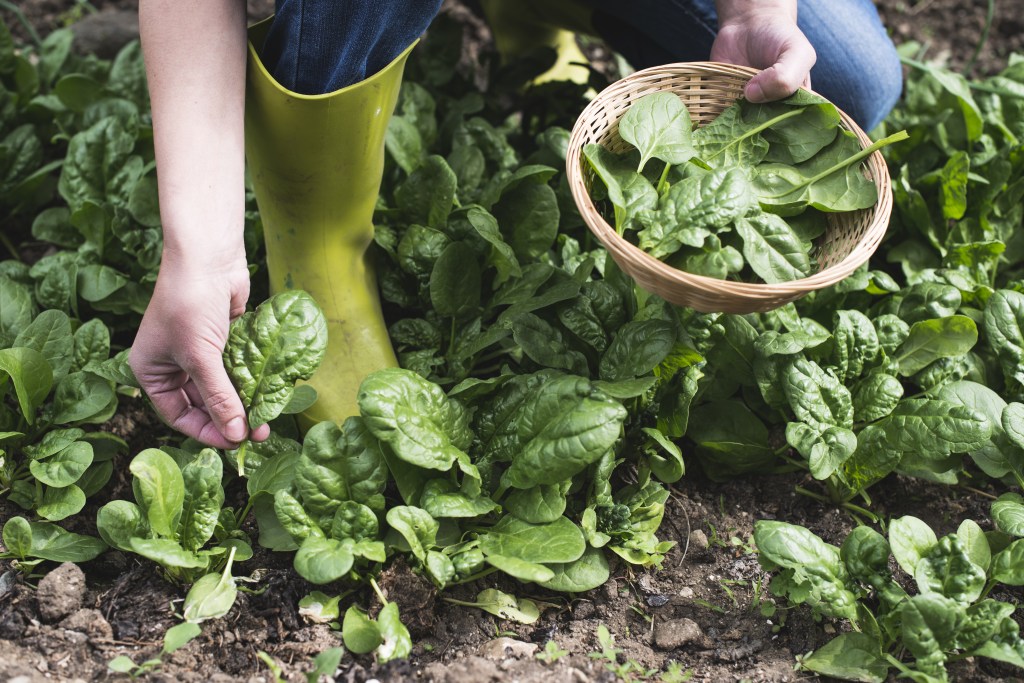
Spinach is a classic veggie for salads, wraps and stir fry, and it is also ideal for winter gardening. The toughest of all salad greens, this winter crop continues thriving in temps down to 0°F, but they survive best with a row cover or another form of protection. Spinach should be planted 8 to 8 weeks before the first frost.
11. Scallions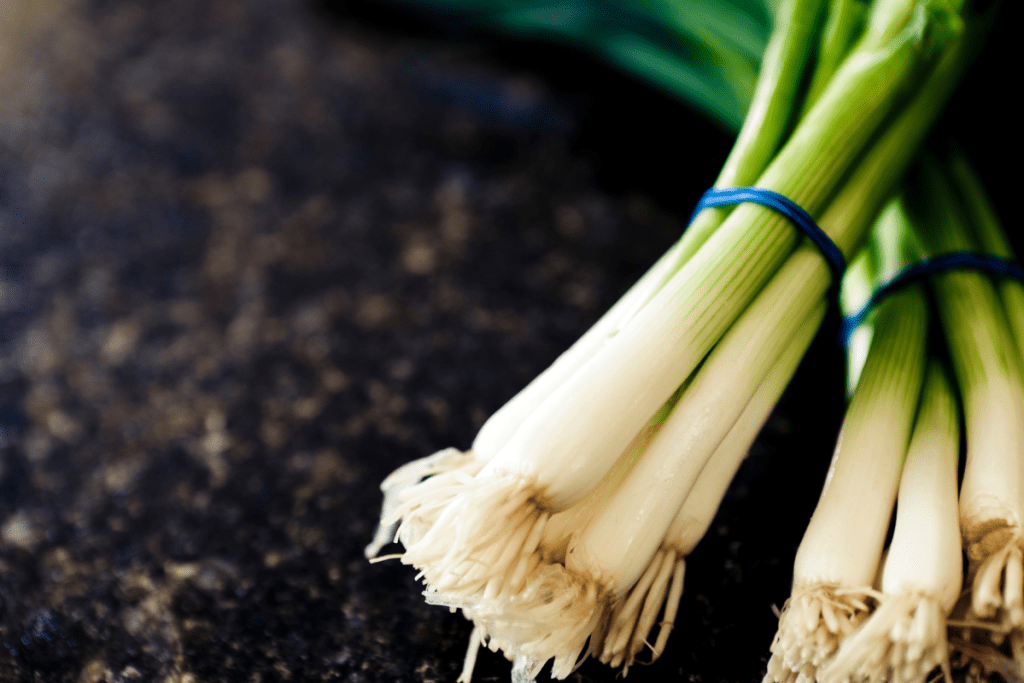
Scallions, otherwise known as green onions, are the perfect plant to grow in the winter months. The best cold weather variety is the 'Evergreen Hardy White,' which lives up to its name by surviving throughout the winter. The scallions' seeds should be sowed in September, and they can be harvested starting in mid-November. Cover crops with a floating row cover or another form of protection to continue harvesting these tasty veggies no matter the temperature!
12. Kale
Kale is a tasty choice for salad and stir fry, sometimes substituted with bok choy, another leafy green. Kale is another super tough winter vegetable that continues thriving down to 0°F. This leafy veggie gets sweeter and tastier with a bit of frost, so it's perfect for your winter garden. You should plant your kale 6 to 8 weeks before first frost for best results!
